What’s Next For These Retiring Faculty Members?
Moving to France, moving to Hawaii, making a film with Sony — just a few of the things that retiring faculty members plan to do in their post-Emerson lives.
Academic Affairs recently celebrated the retirement of five faculty members: Tom Cooper, professor, Visual and Media Arts, since 1983
Mirta Tocci, assistant professor, Marlboro Institute of Liberal Arts and Interdisciplinary Studies, since 2001
Hassan Ildari, associate professor, Visual and Media Arts, since 2009
Diane Lake, associate professor, Visual and Media Arts, since 2006
Richard Hoffman, senior writer-in-residence, Writing, Literature and Publishing, since 2001
The quintet fielded written questions about their favorite classes, how Emerson has changed, and more.
Q: Why did you like teaching at Emerson College?
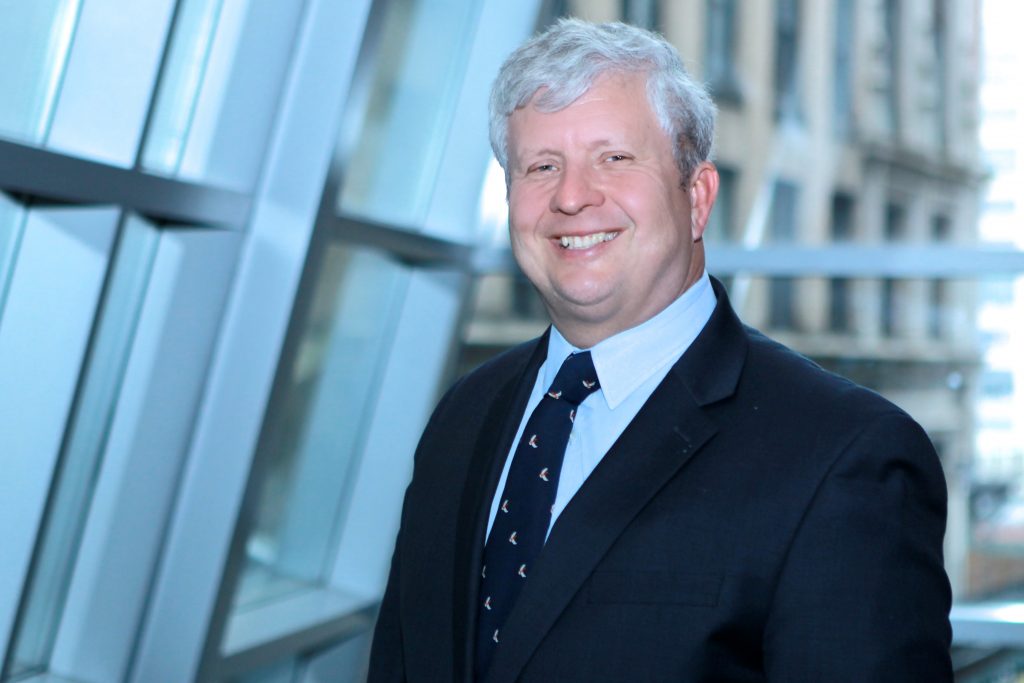
Cooper: I always had students who not only wanted to study ethics, but also who wanted to be ethical and help create a more ethical world. Those students were and are a great gift to society and to Emerson.
Lake: I enjoyed the freedom to create new classes and students who were hungry to take innovative classes.
Hoffman: I liked teaching at Emerson because I was teaching young artists. People would say to me, “Oh, you teach college,” and I would always say, “I teach in an art school. I teach young artists.” Several of my students have gone on to write award-winning books, screenplays, essays, poems. It’s almost as big a thrill for me when a student publishes a book as it is when I do!
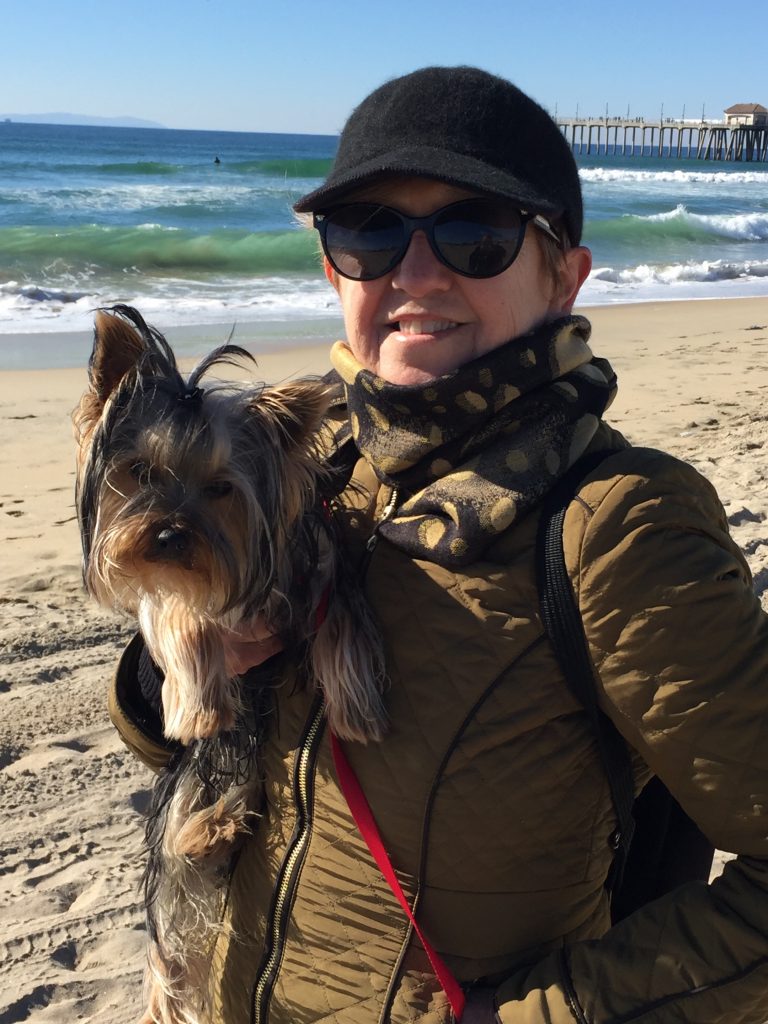
Tocci: One of the most important gifts Emerson College gave me was the opportunity to create community, beginning with my eight-year-long service learning course Moving Out/Moving In, centered on the Latinx immigrant experience, in partnership with Villa Victoria in Boston’s South End. That course allowed me to share my own Latinx immigrant experience with my students and to introduce them to Latinx children in my community through study and making art. My objective to build and engage with community continued with the Emerson and other communities through class projects like annual student exhibits of final creative projects informed by study and research in the Iwasaki Library (my thanks to Bob Fleming) and off-campus exhibits of my students’ work at places like the Ono Gallery in Chinatown and the Joan Resnikoff Gallery at Roxbury Community College.
Ildari: My students kept me current. If you’re in the movie business or media production in general, you must stay current. That’s the gift I got from my students.
Q: What was your favorite class to teach?
Cooper: All of them – especially those that I was able to create, such as Communication Ethics and Social Justice and also a version of Professional Ethics that was adapted for all primary majors at Emerson.
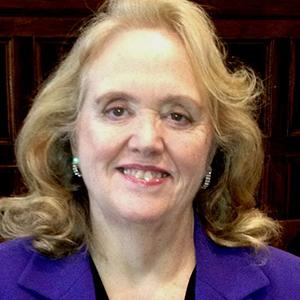
Lake: That would have to be a tie. Writing the Film Musical was a class I co-taught with Michael Wartofsky, a professor at Berklee College of Music. My students wrote the scripts and his students wrote the music and lyrics. That collaboration between students from two campuses was a boon to both groups of students, and I hope we continue to collaborate with other institutions – it’s so creatively stimulating. The other favorite of mine has been Feature Writing Workshop, where students complete a whole screenplay during the semester in a workshop format that helps them become better writers.
Hoffman: My favorite class was a graduate course I designed called The 20th Century in the First Person: Memoir as the Literature of Witness. We read memoirs from all around the world, from the beginning of the 20th century to the end. And we asked, essentially, what is tumbling down to us from upstream? How do we engage as writers with the questions of our time?
Tocci: I’ve loved teaching all of them: Moving Out/Moving In, Latinx Art, Ways of Seeing, Troubled Visions, but perhaps most of all, Living Art in Real Space, focused on contemporary visual art performance, which aligns so well with my professional career as an interdisciplinary artist.
Ildari: I liked all my classes equally; each one of them in one way or another embodied a different aspect of my own work— Writing, producing, directing.
Q: What are you going to do in retirement?
Cooper: My daughter and wife are very important to me, and I want to spend more time with them. I have taught at the University of Hawaii before, as well as served as a visiting fellow at the East-West Center, and once we are settled in Hawaii, I may do some work at either location. I am developing a musical. When it’s ready for its next reading I look forward to moving it to the next stage. I must tend to some health issues which need recovery as well.
Lake: Write. I decided to retire to simply have more time to do my own writing. My husband and I now live in France full-time, so it’s a great atmosphere in which to create work – a very stimulating and creative country.
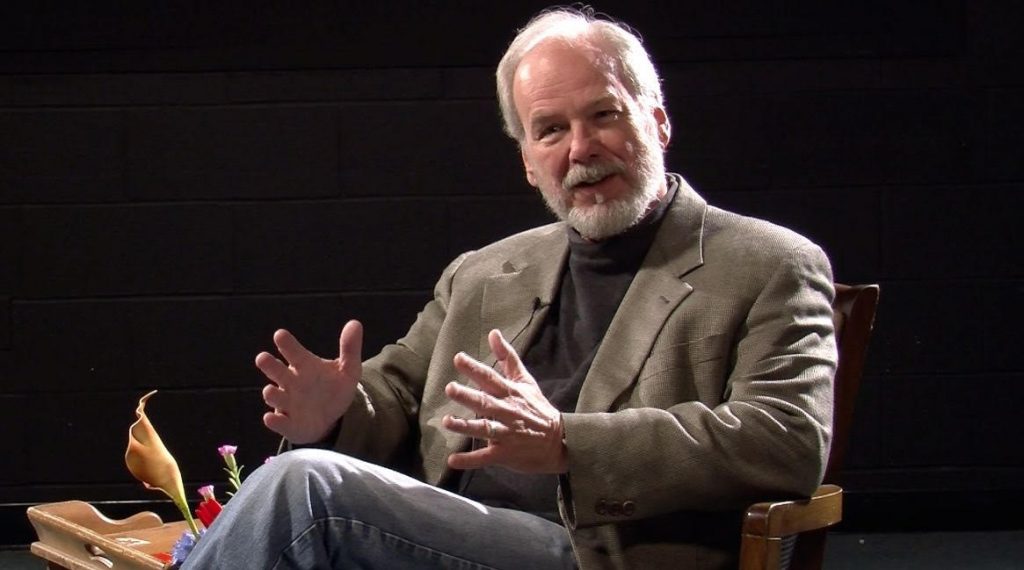
Hoffman: I am going to write, read, help raise my grandkids, travel, paint, and play music with friends.
Tocci: I’m going to continue to teach my favorite course, Living Art in Real Space, as an affiliated faculty member. I will continue to work on projects that focus on building community and effecting social change.
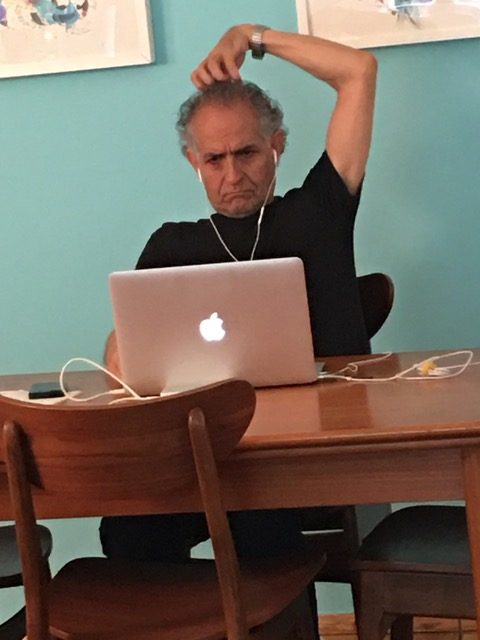
Ildari: Funny you should ask— I’m not retiring per se, well, at all! I have a movie that I’m prepping as we speak, which I will hopefully make at Sony.
Q: What was the biggest change in teaching/education/Emerson since you began teaching?
Cooper: I needed to get real. When I arrived at Emerson, I had a head full of theory, which was a match for some students, but many had a strong longing to apply theory, to simplify it, and in some cases to focus only on practical aspects of their own futures. I had to find a way to meet students where they are whatever their wave length and not expect them to become more theoretical and hyper-academic. I was often educated as much by students as vice versa, and appreciated learning much from my colleagues.
Lake: Online education. I’d taught online at UCLA before coming to Emerson and loved it. For writing in particular, it’s a great way to teach.
Hoffman: The biggest change during my time at Emerson was the move from Beacon Street to the “Campus on the Common,” as we know it today.
Tocci: My students have always been wonderful, but I’ve been happy to see more diversity among the student population over time. I believe that the most important gift a teacher can give to a student is to truly see them. It’s so important that we see each other, connect with, and support one another. What better way to build a better world together? After 20 years at Emerson, I say “thank you” to everyone I’ve seen and who has seen me, for our wonderful work together and for the friendships that endure.
Ildari: To paraphrase the great Mel Brooks, “Technology! Technology! Technology!” Need I say more!
Categories